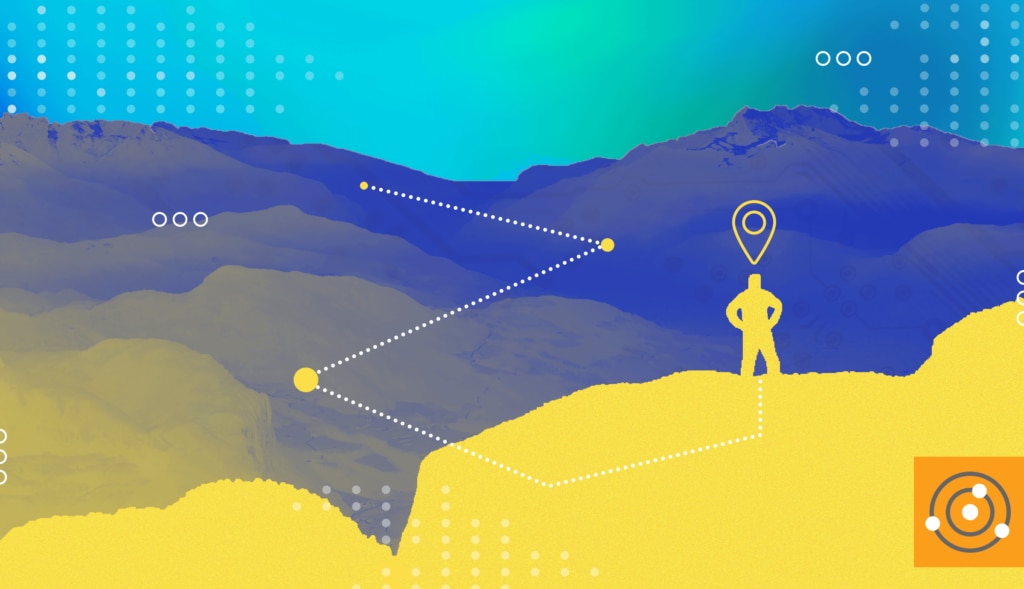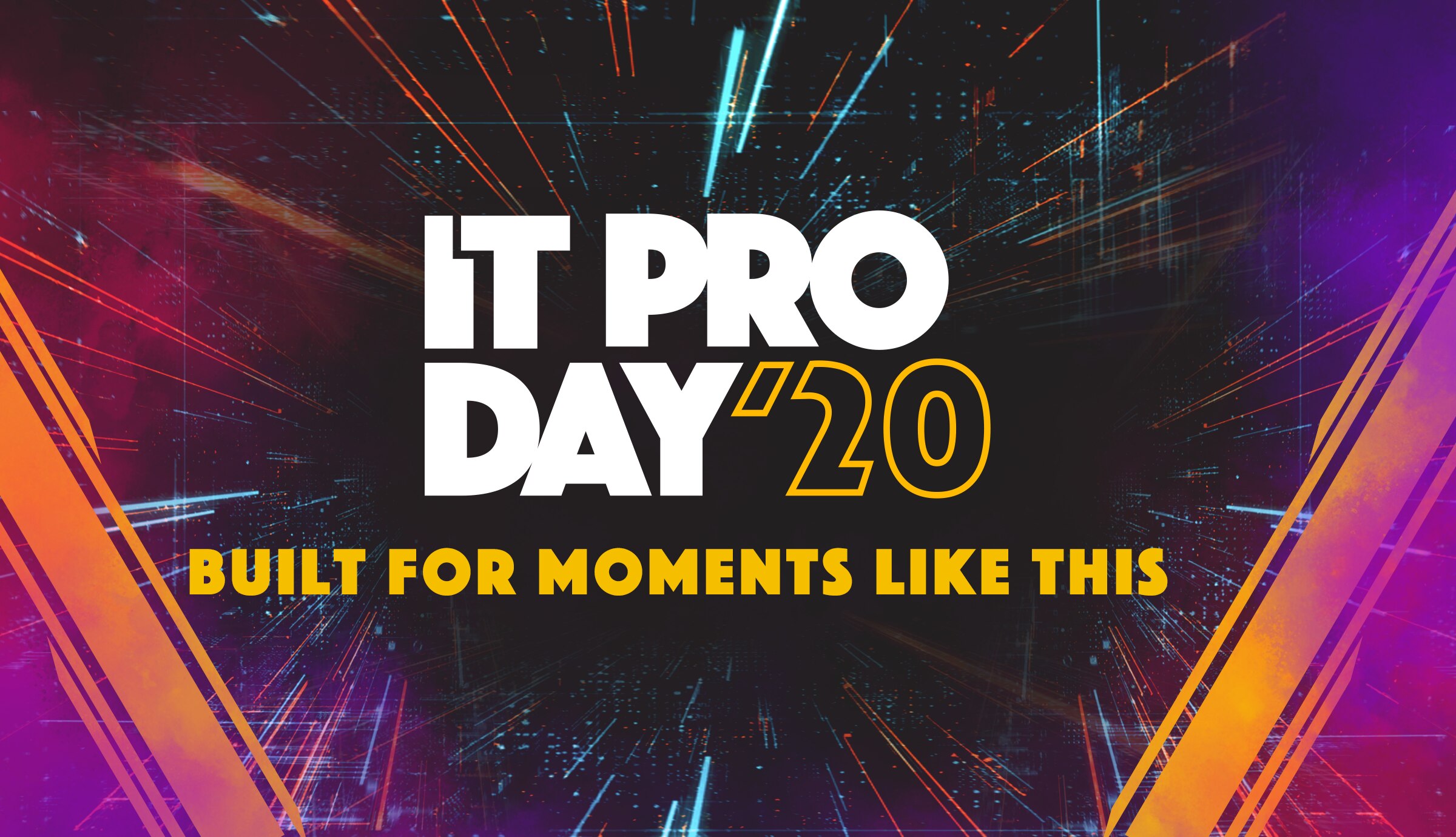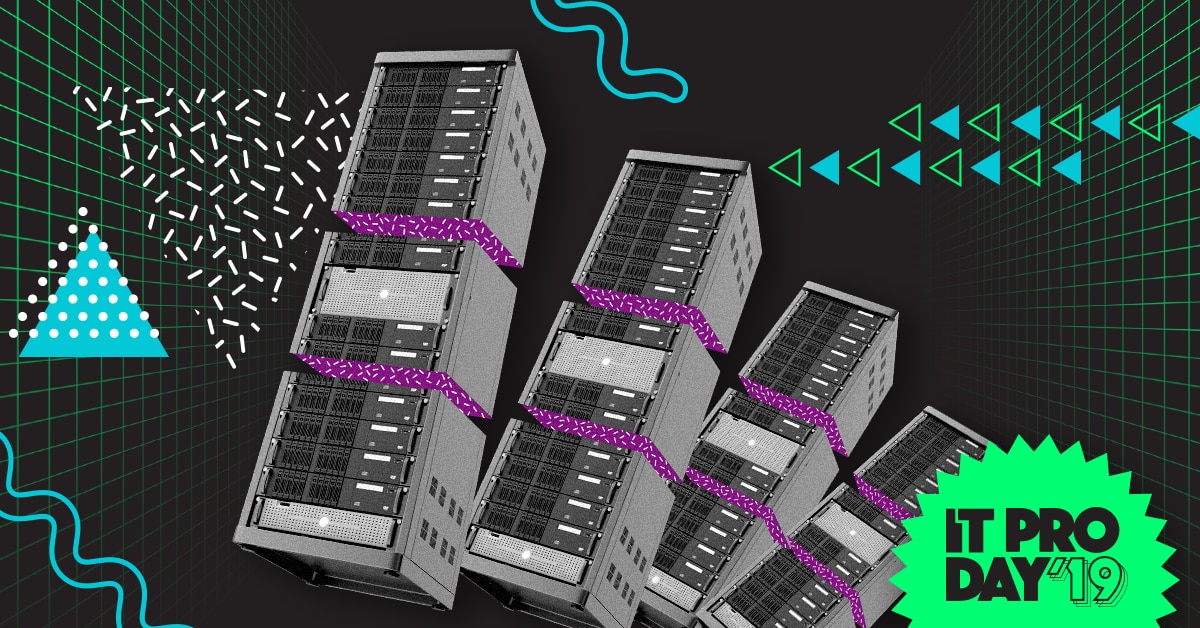Milestone 1—Retail Is About People. Surprisingly, So Is IT.
At that time, I worked in one of the few departments where commission pay was the norm. I worked this job throughout college and into my first professional job. Of course, I had a lot to learn about doing a sales job well, about the need to hustle and to always put the customer first. But the most interesting part of the experience for me was learning not what made the customer happy, but what made me happy in the job. Like many of you who’ve had a similar experience, I most enjoyed helping others enough for them to give me an honest “Thank you!”We don’t have IT problems per se. We have human and business problems that we choose to solve using IT.
Once I’d experienced the big emotional lift of genuine gratitude, I was hooked. This lesson has stayed with me to this day. And it’s an important part of my personality to express gratitude frequently as well. For me, this experience inflects most everything I think about or talk about. However, I frequently encounter those who are so deep in the weeds of their tech word, they lose sight of our WHY. So how would I describe our WHY? I make sure to point out in many of my presentations that “We don’t have IT problems per se. We have human and business problems that we choose to solve using IT.” If we as IT pros lose sight of the human in our designs, we’ve lost the entire thread. But if we keep it in sight with every interactions, the entire endeavor is better and perhaps even enjoyable for all of us.Milestone 2—The Small Business
Work hard and focus. My next phase of professional growth happened as a side gig to college and retail sales. I started a small business to make, install, and configure PC clones. (At the time, the Intel 80286 was the supreme, top-of-the-line CPU). If you want to learn a lot of lessons, try starting your own business! As IT people, many of us are naturally ADD. In fact, most of us need this characteristic to be successful because we have important information and people reaching out to us across a multitude of channels.It’s better to do one or two things with excellence than a dozen things with mediocrity. It may seem counter-intuitive, but do less to accomplish more.
Context switching is a crucial skill in our business. But the combination of work, college, and my small business taught me an important lesson about project-level work that I have used over and over again: it’s better to do one or two things with excellence than it is to do a dozen things with mediocrity. Part of this lesson was learning that the more projects you start, the less likely it is for any one of them to successfully complete. It seems counter-intuitive but do less to accomplish more. I’m sure you could share a few stories that taught you the same lesson.Milestone 3—NASA and the DoD
My first two jobs as an IT pro at NASA and the DoD were interesting, challenging, and terrifying. When you’re sitting at the conference table with the PhD scientists who figured out a major NASA challenge and hold a multitude of patents to their name, the imposter syndrome is REAL.See the world as an endless series of interlocking systems rather than discrete people, places, and things.
I spent this time primarily as a database developer, documentation writer, and junior data scientist. I learned two important lessons at this stage of my career. First, having a mentor who can aid with technical questions and inter-office politics has a major impact on your career trajectory. Second, I was forced to construct a mindset in which you see the worlds as an endless series of interlocking systems, rather than as discrete people, places, and things. Everything interacts. In one small example, if the CIO chooses to migrate all our databases from Oracle to SQL Server, the cascading downstream implications are massive. We might lose half of our DBAs because they don’t want to learn an all new database platform. How many other interlocking aspects of the team culture might also be impacted by a decision like that? In another common IT pro scenario, when you’re troubleshooting a major technology problem, say a memory issue, knowing the way memory management works in your database and interacts with the disk IO subsystem is much more valuable than knowing a specific error message about memory. You can look up an error message in a moment of need, but you cannot acquire a systemic mindset at a moment’s notice. Everything from standing in line at the grocery store to watching the evening news becomes better with this mindset.Milestone 4—Music City, the Tech Hub
After time honing my technical skills as a software developer at NASA and the DOD, I moved to Nashville, TN, to work in the IT center of one of the Big 4 accounting firms. A common story in Nashville, a city with more than 8,000 professional musicians and performers and twice as many active amateurs, is the dream of becoming a music star gives way to the reality of paying a mortgage. Some hock their guitar to buy a bus ticket back home. But many more musicians move into IT and keep active in the music scene after hours and on weekends. At the IT center where more than 1,000 employees worked every day, probably 20-30% of the staff had a music background. The man who hired me was a top-ranked mandolin player who appeared as a session player on a handful of albums! There, I was surrounded by brilliant people whom I still hold in the highest regard and with deep affection. During this time, I moved from database development into database administration, began to write regularly, and also worked with several others to found the Professional Association for SQL Server.Mastery of technical skills gets you the cool new job. But mastery of interpersonal skills is what gets you the promotion.
At this stage I learned major life lessons about working with others. Here’s one I’ll pass along: mastery of technical skills get you the cool, new job you want, but mastery of interpersonal skills get you that promotion you want. Many IT people adhere to the myth that you’re either naturally “good with people” or you’re not. Not true—you can and should learn these skills.





